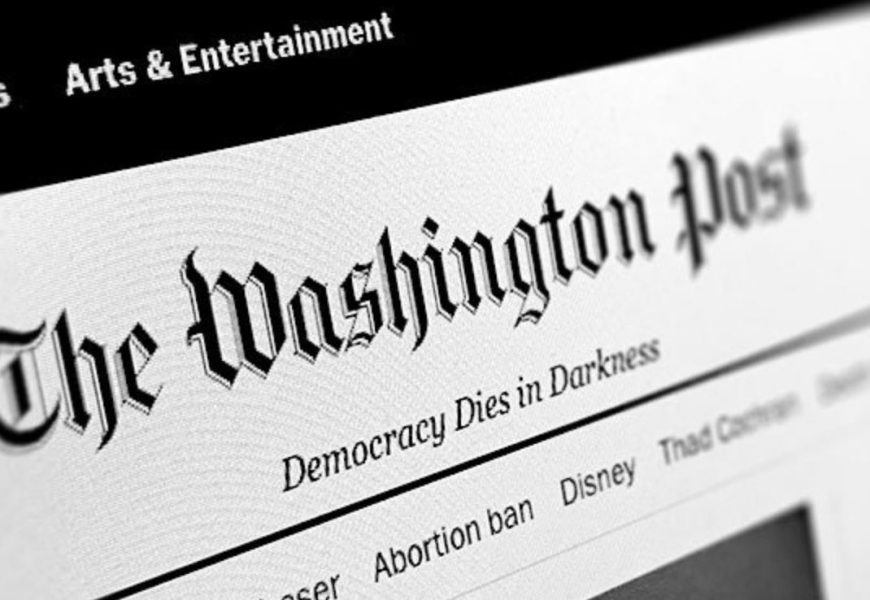The 15-year-old scandal involving Duke University researcher Anil Potti is about as bad as a research scandal can get: As a recent Globe Magazine investigation reported, a pioneering cancer doctor conducted clinical trials on patients, determining their treatment using algorithms based on falsified data, while university officials failed to properly investigate complaints about the research.
In a separate scandal, in 2019, Duke agreed to pay $112.5 million to settle a lawsuit brought by a whistleblower and the US Justice Department accusing a pulmonary researcher of falsifying data. The problems aren’t confined to one university. In 2023, journals retracted several papers by a Harvard behavioral scientist accused of fabricating data.
President Trump’s administration has launched a series of attacks on American higher education institutions, many of them of dubiouslegality and tainted by politics. It’s quite ironic, then, that in one area where universities really would merit scrutiny, the administration is scaling back the government’s efforts. If Trump were serious about cracking down on waste, fraud, and abuse at universities, he would be strengthening the federal oversight bodies that ensure scientific integrity in research. Instead, Trump has gutted them.
A federal role is crucial because universities can’t be solely responsible for policing themselves. As Ivan Oransky, cofounder of the Center for Scientific Integrity, told the editorial board, universities have little incentive to seek out fraud. “Until someone external actually has power and authority to deal with it, putting universities in charge of figuring out whether there’s misconduct, fraud, or real substantial risk to human beings isn’t doing the job,” Oransky said.
But under Trump, oversight agencies are being decimated. The US Department of Health and Human Services’ Office for Human Research Protections, which oversees federally funded research involving human subjects, has long been underfunded and understaffed. Trump fired its director, laid off staff, and dismantled an advisory committee to the secretary on human research protections, according to reports published by Stat and the Health Care Compliance Association.





